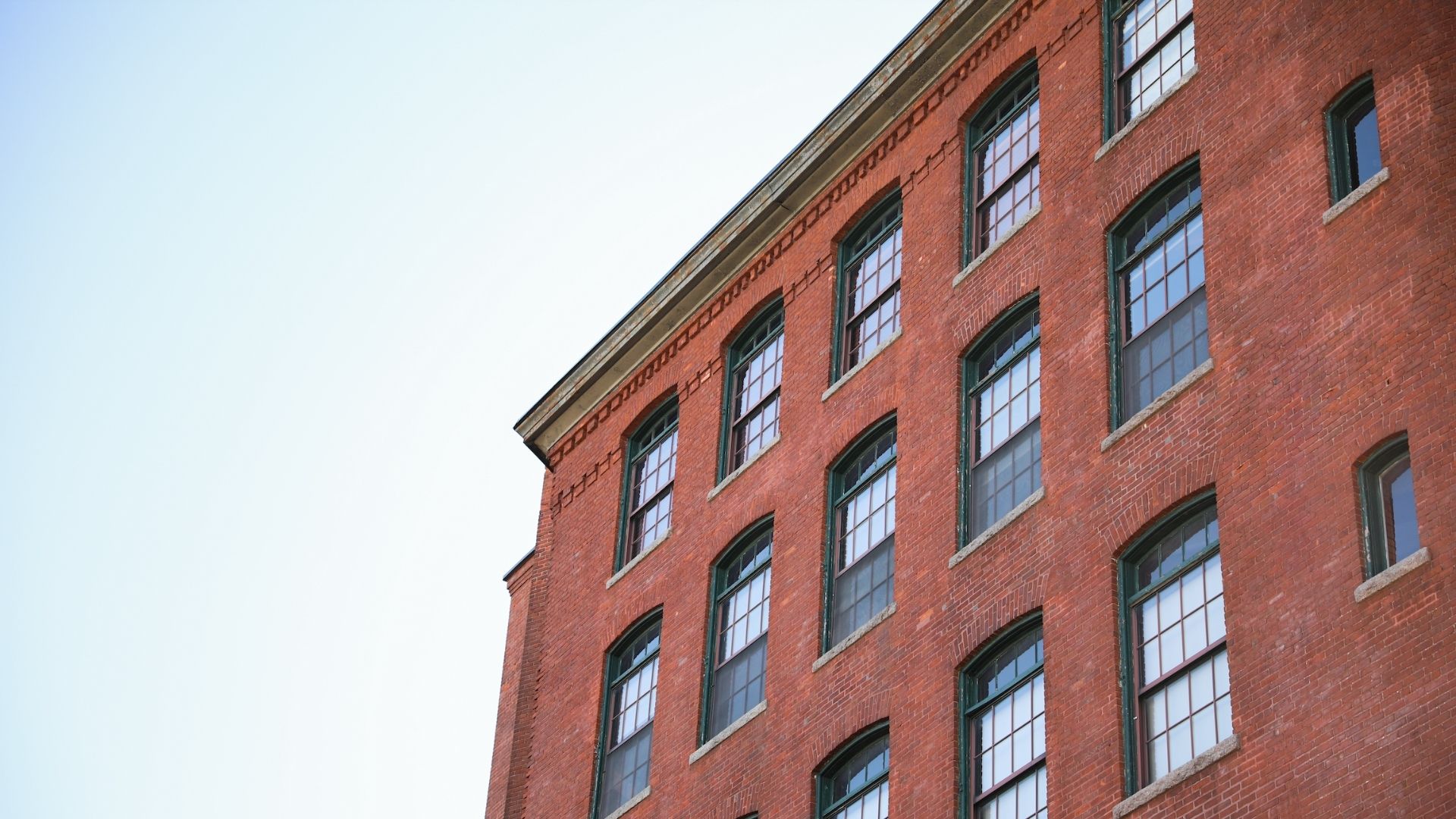It’s a question you may have seen being asked lately, and the short answer is: yes, we will eventually have another recession. It may be a hard pill to swallow, but it’s a fact that as long as we live in a capitalist system, endless economic growth is impossible and there will always be a downturn following every period of prosperity. Certainly, no one likes a recession: people have to tighten their belts or risk losing their jobs. But this can certainly be avoided with planning and smart thinking, and opportunities always arise.
Read on for our take on when and why the next recession may arrive, and what you can do to be ready for it.
When will the next recession come?
Based on the federal government’s continual signaling that they will indeed raise interest rates this year, experts are predicting that a mild recession will indeed arrive in the next few years. Deutsche Bank recently became the first major bank to predict a downturn, believing it will arrive in late 2023 or early 2024.
What will cause the next recession?
To understand why a recession may be on the way, it’s important to understand how today’s economy differs from past ones. Obviously, the most recent economic downturn was caused by an unprecedented pandemic, which for now looks to be under control. What about before that?
Well, there was 2008. Everyone knows that the subprime mortgage crisis of 2007 led directly to the Great Recession. Financial institutions had been betting on mortgage-backed securities stacked with subprime loans, and when those loans eventually failed, they set off a chain reaction that took down the entire economy. Before that was the dot-com bubble burst. At the turn of the millennium, tech investment was all the rage, and hundreds of early internet businesses attracted excessive amounts of investment. Many of those businesses failed, and a minor market crash resulted.
Neither of these scenarios really reflect current financial conditions. Certainly the housing market has changed since the unprecedented situation in 2008. New regulations mean that banks have stricter standards when it comes to underwriting and lending, so another housing crash is very unlikely.
If there’s any historical financial crisis that most reflects our economic moment, it’s the inflation crisis of the 1970s. That era was marked by high inflation and record-high crude oil prices (sound familiar?). In order to get prices under control, Paul Volcker, then chair of the Federal Reserve, instituted what is now known as the Volcker Shock, a series of policy decisions that restricted the supply of money, raised interest rates, and sent the economy into a double-dip recession before finally, in the mid-1980s, before it finally entered a stable growth period.
Now, the Biden administration is looking to tackle our own inflation problem in much the same way, by raising rates. And this may indeed cause the next recession, albeit one not nearly as severe as 2008.
How to react
The first piece of advice anyone should take during a recession is, obviously, don’t panic. No matter how deleterious a recession may seem – and again, the one to come is likely to be mild – it doesn’t justify upending your approach. Every economic downturn is followed by an upturn, and stable investments like property usually weather the storm. As Mark Twain once said, “Buy land – they’re not making it anymore!”
This is especially true when it comes to residential real estate. People will always need a place to live, and the pandemic has shown that this is not necessarily true for commercial real estate, which is far more vulnerable to the fickle forces of the market. Multifamily operators may benefit even more, as renters are unlikely to buy property during a time of economic uncertainty – the savings that could have been used as a down payment on a house, sadly, may have to be redirected toward other expenses. They’ll stay put, and you’ll retain their tenancy.
Now, let’s say you’re in good shape and you’ve made smart, safe investments. You could ride out the slump and be thankful for what you’ve got. But perhaps a recession is a good time to be proactive about growing your portfolio. Plenty of distressed properties go on the market during a downturn, often at prices that favor the buyer. Fewer people are looking to buy a house because of the economic stresses that come with a recession, so sellers see fewer offers, and depending on how long the property has been on the market, they may be willing to lower listing prices in order to make a sale. With appropriate research and strategy, you can turn the situation into an advantage.
“Buying property during a recession doesn’t have to be difficult. It’s entirely possible to join with friends and family and go in together on an investment,” says Alexis Agopian, co-founder of A&S Capital. “It’s important to keep leverage under 65%, however, to minimize risk and stress.”
No matter what the economic climate looks like, A&S can help secure funding for your next project. Our underwriting approach favors experienced operators that know the best path to take, whether in a recession or in an economic boom, so you can be assured you’re making the right move.







